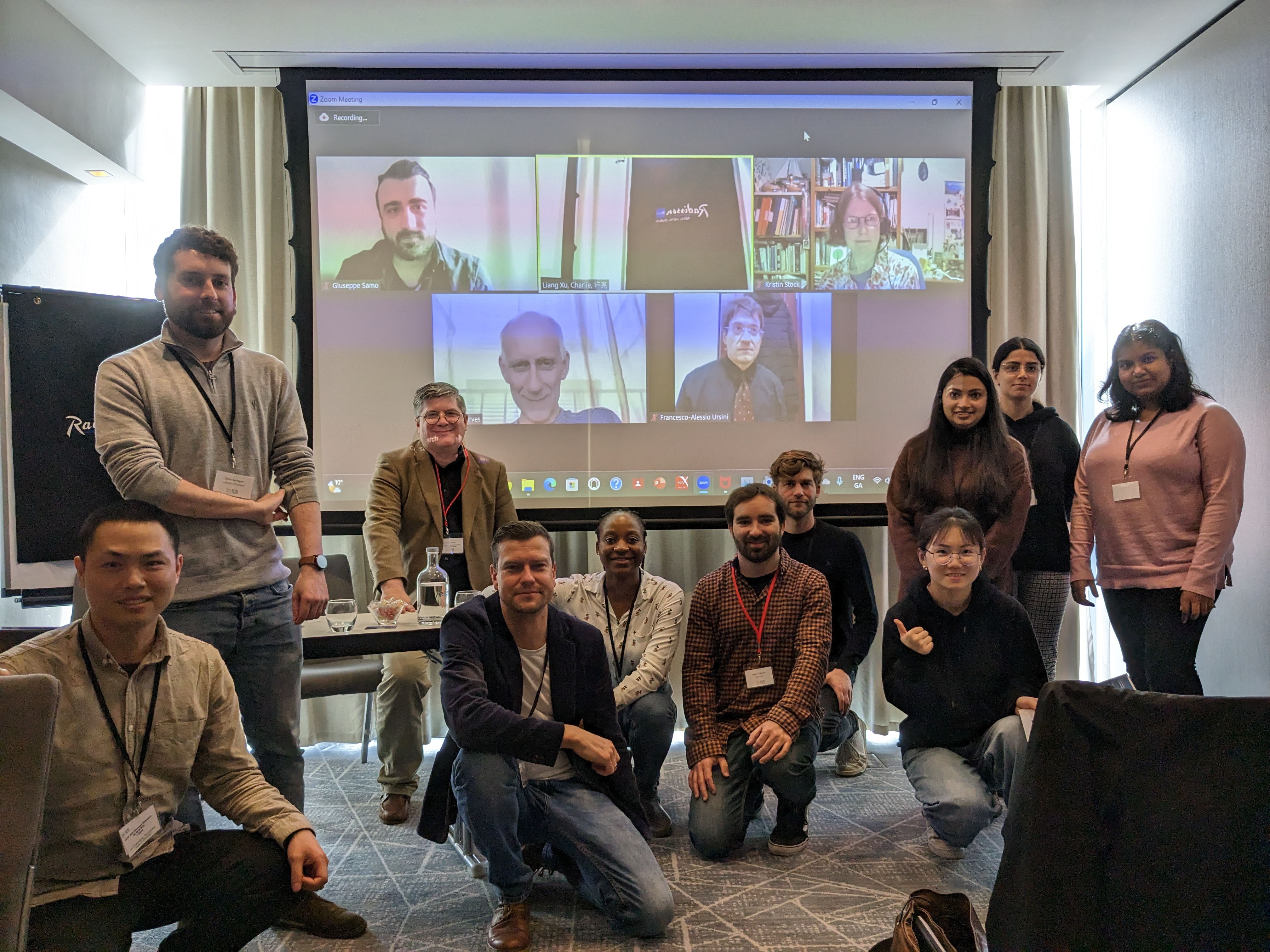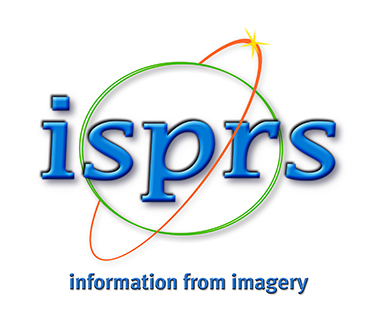Home
First International Workshop on Geographic Information Extraction from Texts (GeoExT)
held at the 45th European Conference on Information Retrieval (ECIR 2023) in Dublin, April 2, 2023
Click here to get free access rights to the proceedings
A special issue entitled Geographic Information Extraction from Texts on Information Processing & Management (IF:8.6) is open for submission till December 31st, 2023.
Vast and ever-increasing amounts of semi- and unstructured text data, like social media posts, website texts, historical archives, and scientific articles are available online and offline. These documents often refer to geographic regions or specific places and contain valuable but textually encoded geographic information in the form of toponyms, place names, and complex location descriptions. The information is useful not only for scientific studies, such as spatial humanities, but can also contribute to various practical applications, such as disaster management, traffic management, and disease surveillance. Scientists from many fields, like information retrieval, natural language processing, and geographic information science, have an increased interest in researching and applying methods to infer the geographical focus of documents or to extract geographic references from unstructured and heterogeneous texts and finally resolve these references unambiguously to places or spaces on the Earth’s surface. Despite the encouraging progress in geographic information extraction, there are still many unsolved challenges and issues, ranging from methods, systems, and data, to applications and privacy.
In the first GeoExT workshop, we aim to foster the discussion and exchange on recent advances in different aspects of geographic information extraction from texts, such as the methods, datasets, and systems for geolocating documents and recognizing and resolving toponyms and location descriptions. Our goal is to establish a common and long-term forum to consolidate multi-disciplinary efforts from both researchers and practitioners in Europe and beyond.
The workshop is supported by the Working Group (Global mapping for SDGs) of ISPRS Technical Commission IV/III.

